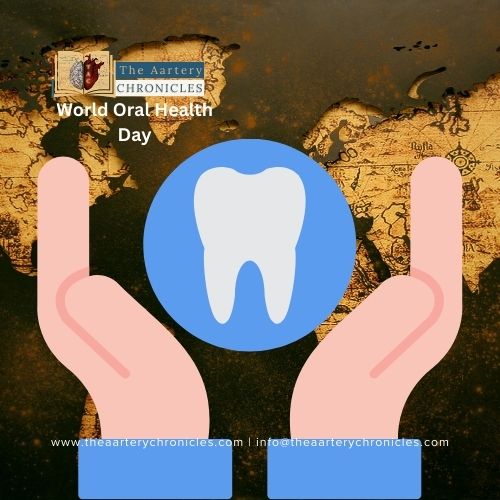

Debunking Weight Loss Myths and Revealing the Facts
Introduction
Embarking on a weight loss journey can be both exciting and daunting, especially when bombarded with tons of information, some of which may be misleading. In this article, we’ll separate the myths from the facts, providing you with a clear and science-based understanding of weight loss.
6 Myths and Facts of Weight Loss
Myth 1: Crash diets are the quickest way to shed extra pounds.
Fact: While crash diets may lead to rapid initial weight loss, they are often unsustainable and can be detrimental to your health. These diets typically involve severe calorie restriction, leading to
- Muscle loss
- Nutritional deficiencies
- Slowed metabolism
A sustainable approach that combines a balanced diet with regular exercise is key to long-term success
Myth 2: Cardio is the only effective exercise for weight loss.
Fact: While cardiovascular exercises like running and cycling are beneficial for burning calories, strength training is equally important.
- Building lean muscle mass boosts your metabolism, helping you burn more calories at rest.
- A well-rounded fitness routine that includes both cardio and strength training is the most effective for weight loss.

Myth 3: Eating late at night causes weight gain.
Fact: The timing of your meals matters less than the total calories consumed throughout the day.
- Weight gain is more closely linked to the overall quality and quantity of your diet.
- Late-night snacking can be problematic if it leads to overeating, but the key is moderation and choosing nutritious options.
Myth 4: Skipping meals accelerates weight loss.
Fact: Skipping meals may seem like an easy way to reduce calorie intake, but it often leads to overeating later in the day. Regular, balanced meals help
- Stabilize blood sugar levels
- Prevent excessive hunger
- Support a more consistent energy expenditure
Myth 5: All calories are created equal.
While calorie counting is a useful tool for weight management, the source of those calories matters.
- Nutrient-dense foods, such as fruits, vegetables, lean proteins, and whole grains, provide essential vitamins and minerals, promoting overall health.
- Empty-calorie foods, like sugary snacks and refined carbohydrates, can lead to nutrient deficiencies and unhealthy weight gain.
Myth 6: You can spot reduce fat in specific areas.
Fact: Targeted fat loss, often referred to as spot reduction, is a common misconception.
- Engaging in exercises that focus on specific body parts may strengthen and tone those muscles, but it won’t necessarily reduce fat in that area.
- Overall body fat reduction through a combination of diet and exercise is the key to a more sculpted appearance.
"Your body is a reflection of your lifestyle choices. The journey of weight loss is not just about shedding pounds; it's about gaining a healthier, happier version of yourself."
Oprah Winfrey
Conclusion:
Separating fact from fiction is crucial in navigating the complex world of weight loss. Embracing a holistic approach that includes a balanced diet, regular exercise, and sustainable lifestyle changes is the foundation for achieving and maintaining a healthy weight. Remember, patience and consistency are key on the journey to a healthier and happier you.

TAC Desk
- Medicine
- Nutrition And Diet
Lorem ipsum dolor sit amet, consectetur adipiscing elit. Ut elit tellus, luctus nec ullamcorper mattis, pulvinar dapibus leo.












